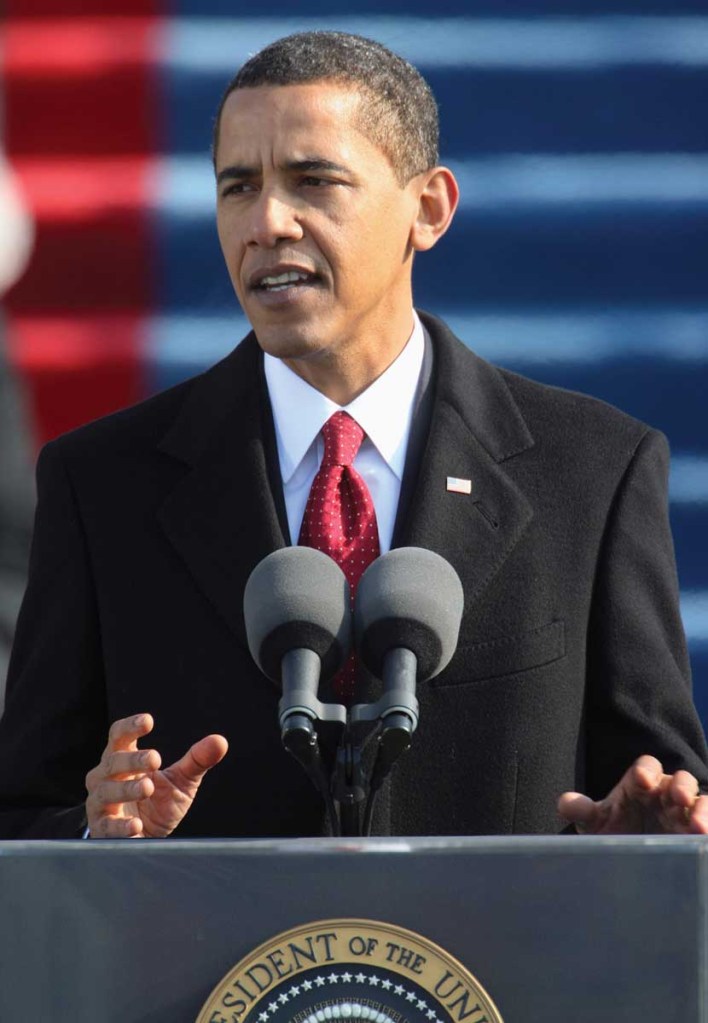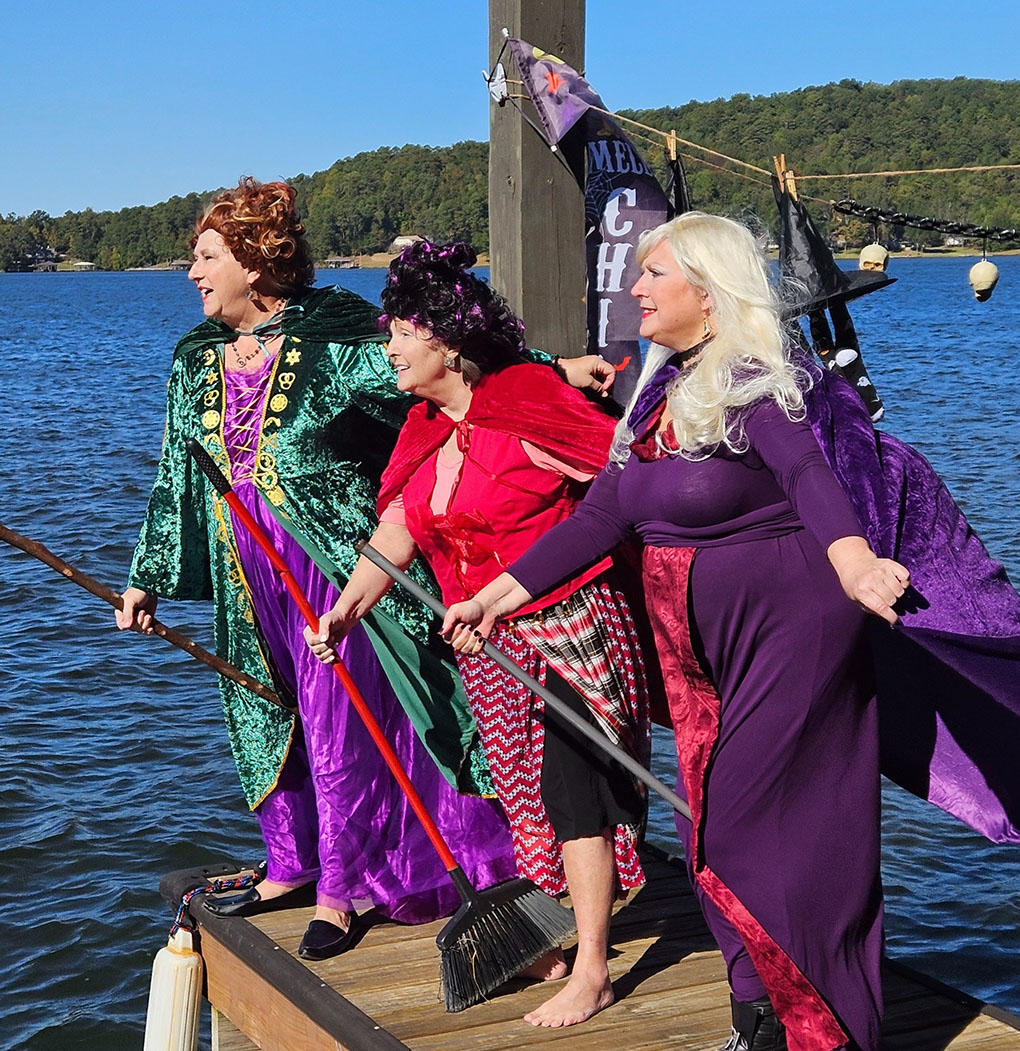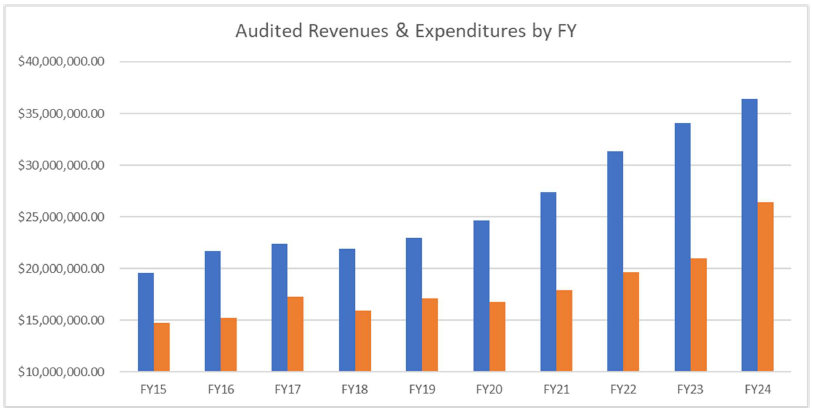Change Has Come
Published 12:53 pm Wednesday, January 21, 2009

- President Barack Obama gives his inaugural address at the U.S. Capitol in Washington, Tuesday, Jan. 20, 2009.
WASHINGTON — He spoke with gravity of the troubled times at hand and with confidence of the possibilities ahead, giving subtle nod to the groundbreaking nature of his ascendance to the presidency.
Barack Obama used his inaugural address Tuesday to sketch a quiet and thoughtful portrait of the nation as it is, and as it should be.
And then he placed the onus for moving from the realities of today to the promise of the future squarely on the nation at large.
The burden of hope, of change, is not simply the president’s, he reasoned, but a shared mission given to all Americans.
“Our time of standing pat, of protecting narrow interests and putting off unpleasant decisions — that time has surely passed,” Obama said. “Starting today, we must pick ourselves up, dust ourselves off, and begin again the work of remaking America.”
“I watched the first of it with tears in my eyes,” said Reverend Dr. Jerome Greene, a longtime St. Clair resident and Miles College professor, whose parents were instrumental in the voting rights movement in the county in the 1950s and 1960s. “I think our country has taken a great step toward the continuation of its great destiny. I’m glad to be a witness to it.”
Pell City mayor, Bill Hereford weighed in on the inaugural speech, “I thought the inaugural address was inspirational and I look forward to an outstanding presidency.”
Obama spoke of a “new era of responsibility” and of “our collective failure to make hard choices and prepare the nation for a new age.”
It was both a call for personal accountability, and a repudiation of the Bush years.
“I think it’s an exciting thing and just a new lease on life,” retired educator Thema Jones said.
“This is an exciting day for me because this is something I never thought I would see in my lifetime,” Pell City councilman James McGowan said. “I think that it’s going to do a lot for our country. You could just see it. When I looked at that crowd today, it was just people from everywhere. When I looked out and you could see how people could come together for that from every race; I think that this is going to do a lot for our country and I think that it’s going to change a lot of things that we do. I think that he’s going to bring something to being president that we’ve probably never seen before. When you look at working with both sides – Democrats and Republicans – I think he’s going to do it in a way that it’s never been done before.”
The expectations could not have been higher for Obama, known for his eloquence as a speaker, and he answered them with a speech that was both compact and powerful. Only time will tell if the words resonate in the nation’s memory as long as his acts in office are certain to do.
Rather than a collection of sound bites, his 18-minute address was a set piece, meant to be listened to from start to finish.
Without overreaching for soaring rhetoric, he spoke first to the challenges at hand.
“At these moments,” he told the nation, “America has carried on not simply because of the skill or vision of those in high office, but because We the People have remained faithful to the ideals of our forbearers, and true to our founding documents.”
Unlike John F. Kennedy’s inaugural, which spoke of a blaring trumpet that summons the nation to service, Obama’s was a quiet call to arms.
In his unflinching description of the challenges ahead, he echoed Franklin D. Roosevelt, who spoke in his first inaugural of grim “common difficulties” that the country would conquer together.
Obama’s speech took note of his historic place as the first black president in understated but deliberate language.
He spoke of himself as “a man whose father less than 60 years ago might not have been served at a local restaurant” yet one who now could take its most sacred oath.
Wayne Fields, a professor at Washington University in St. Louis and an expert on presidential rhetoric, said it was a way to signal that the nation has moved beyond the divisions of the past. Just as Obama is comfortable with his own identity, Fields said, his speech suggested the nation, too, has a new opinion of itself.
Fields said the speech drew its power not from pithy lines meant to end up hanging on an “embroidered sampler,” but from its careful evocation of a sense of community and common resolve.
Former Kennedy speechwriter Ted Sorensen called it “an excellent speech, well delivered.”
Whether it will one day be regarded as among the greatest of inaugural addresses, Sorensen said, will only be known in years to come. But he said the speech drew power not just from its content but from its context.
“Given the historic nature of the change from all white presidents to the first nonwhite president, and from eight years of war and anti-government philosophy to a completely new outlook on foreign and domestic policy,” Sorensen said, “that by itself guarantees that the speech will live.”
Herb Kuntz, the St. Clair Democratic Party chairman, shared his thoughts on the historical significance of the Obama inauguration.
Kuntz said that the inauguration of Barrack Obama as the 44th President is “truly an historic event. Who, a scant 50 years ago, would have even dared to dream that a man of color could not only win the highest elected position in this country but also in the process become arguably the most powerful man in the world?”
Kuntz said that he believes that the 2008 election “has to have given hope to all young people that, if they try hard enough, they too can become anything that they want to be… Now, I look forward to a time in the not too distant future when the color, gender or religions of a candidate will not play any significant role in the political process – a time when a candidate will be judged instead by his or her commitment to the task at hand, their values, ethics and intelligence.”
He continued, “At a time when this country is facing daunting challenges, we will have the first mixed race man as the leader of our Republic; a devout Catholic as our Vice President and a powerful, intelligent woman as our Secretary of State. What progress we have made. I am encouraged by the fresh positive hope that Barrack Obama brings to this country. Throughout history, great leaders have emerged during some of the darkest times. I am optimistic President Obama will be such a leader.”
He said that while he believes that the next four years are going to “be difficult and necessitate some hard and unpopular decisions,” that he is most hopeful that President Obama will “bring about the positive change this country so desperately needs at this time.”
Kuntz hopes that the current challenging economic political times will nurture and/or force cooperation between the two major parties.
Kuntz said, “Our elected leaders will have to set aside their parochial, partisan interests; un-tether themselves from the big money lobbyists and return to serving the interests and well being of the people who elected them. It will only be through a spirit of tightly focused cooperation and concessions that we will be able to work our way out of the dire straits we are in today.”




